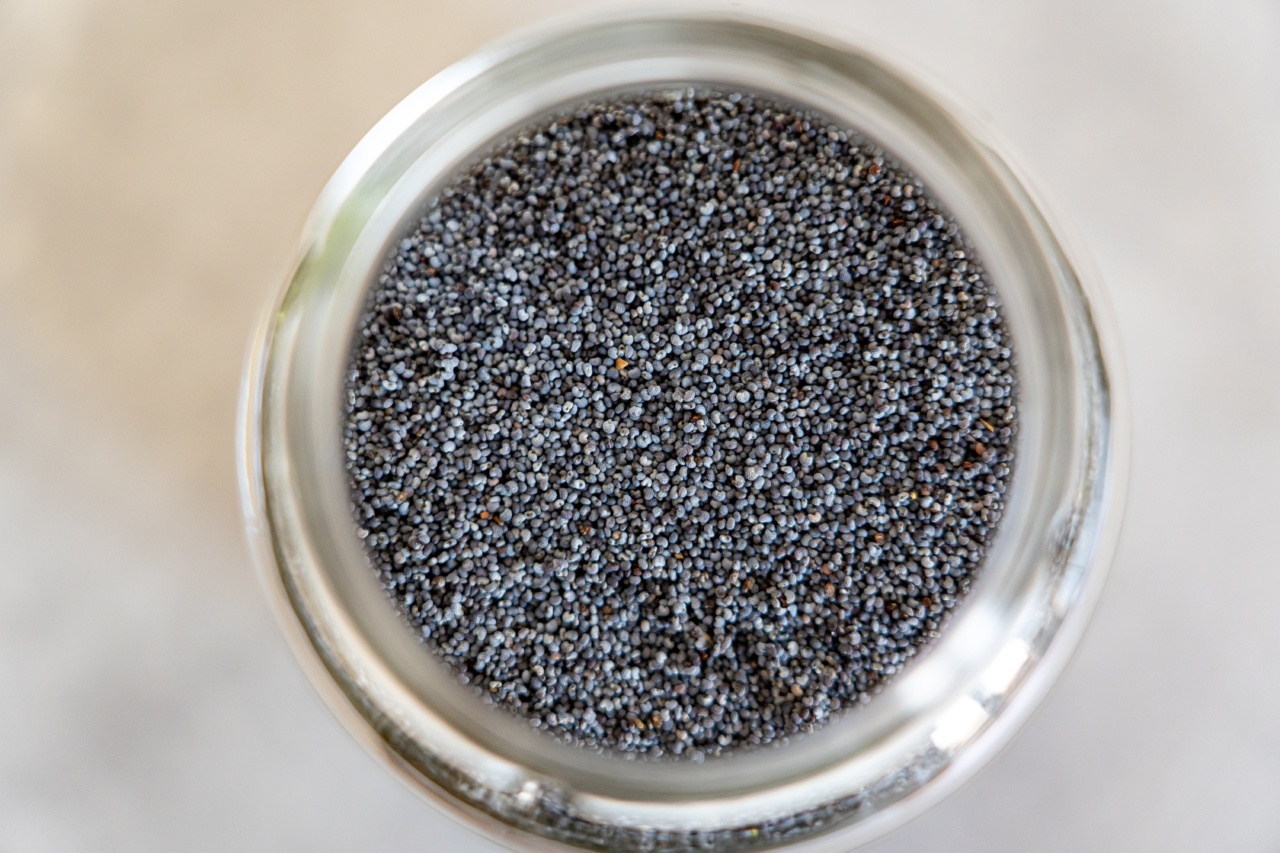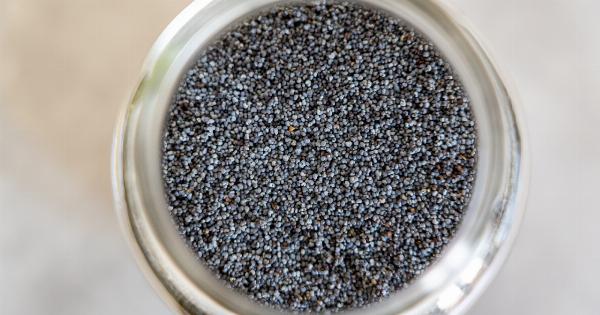When it comes to improving your health, there is a wide range of foods that you can eat to help you feel your best. One category of food that is often overlooked in the health world is seeds.
Seeds come in a variety of shapes, sizes, and colors, and they are packed with nutrients that your body needs to thrive.
The Health Benefits of Seeds
Seeds are a great source of essential vitamins and minerals that are necessary for optimal health. They are particularly high in iron, calcium, fiber, and healthy fats. Here are just a few of the health benefits associated with eating seeds:.
1. Improved Digestion
Many seeds contain high amounts of fiber, which can help improve digestion and prevent constipation. Fiber also helps to regulate blood sugar levels and contributes to a feeling of fullness after eating.
2. Reduced Inflammation
Seeds contain antioxidants that can help reduce inflammation in the body. Chronic inflammation has been linked to a range of health problems, including heart disease, arthritis, and certain types of cancer.
3. Lower Cholesterol
Some seeds, such as flaxseed and chia seeds, contain high amounts of omega-3 fatty acids. These healthy fats have been shown to help lower cholesterol levels and reduce the risk of heart disease.
4. Improved Mood
Seeds contain essential amino acids that help produce neurotransmitters, such as serotonin and dopamine. These chemicals play a key role in regulating mood, and a deficiency in neurotransmitters has been linked to depression and other mood disorders.
5. Stronger Bones
Many seeds are high in calcium, which is essential for strong bones and teeth. Eating a diet that is rich in calcium can help reduce the risk of osteoporosis and other bone-related diseases.
6. Reduced Cancer Risk
Some seeds, such as pumpkin seeds, contain high amounts of zinc. Zinc is an important nutrient that helps the body fight off infection and disease. It has also been shown to help reduce the risk of certain types of cancer.
How to Incorporate Seeds into Your Diet
Now that you know the health benefits associated with eating seeds, you may be wondering how to incorporate them into your diet. Here are a few simple ways to add more seeds to your meals:.
1. Sprinkle Seeds on Your Salad
Topping your salad with a variety of seeds is an easy way to add a crunch and boost of nutrition to your meal. Try sprinkling sunflower seeds, pumpkin seeds, or sesame seeds on your next salad.
2. Add Seeds to Your Smoothie
Adding a tablespoon of chia seeds or flaxseed to your morning smoothie is a great way to get a dose of healthy fats and fiber. You won’t even taste the seeds, but they will leave you feeling fuller and more satisfied.
3. Make Homemade Trail Mix
A homemade trail mix is a great snack option when you’re on the go. Combine a variety of nuts, seeds, and dried fruit for a tasty and nutritious snack.
4. Use Seeds to Make Homemade Granola
Homemade granola is a great option for a breakfast or snack. You can use a variety of seeds, such as pumpkin seeds and sunflower seeds, to add flavor and nutrition to your granola.
5. Combine Seeds with Yogurt or Oatmeal
Adding seeds to your yogurt or oatmeal is a quick and easy way to add nutrition to your breakfast. Try adding a spoonful of hemp seeds or sesame seeds to your morning bowl.
The Bottom Line
Seeds are a healthy and nutritious addition to any diet. They are a great source of essential vitamins, minerals, and healthy fats that contribute to optimal health.
By incorporating more seeds into your meals, you can improve your digestion, reduce inflammation, and boost your overall health and energy levels.































